Excellent writeup by Ars Technica on what happened to Naoki Hiroshima’s @N Twitter account theft and suggestions on how to keep it from happening to you.
Read: Ars Technica Picking up the pieces after the @N Twitter account theft

Excellent writeup by Ars Technica on what happened to Naoki Hiroshima’s @N Twitter account theft and suggestions on how to keep it from happening to you.
Read: Ars Technica Picking up the pieces after the @N Twitter account theft
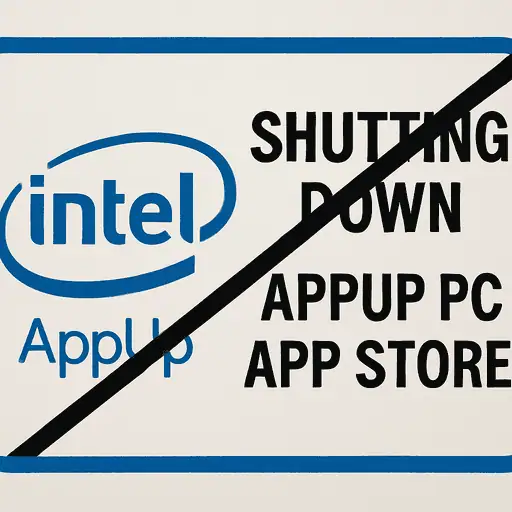
From Techcrunch
“So much for Intel’s bid to get hip with our app-filled times: the company is shutting down its consumer-facing AppUp, its app store for Windows-based PC apps. “The world’s largest app store that nobody’s ever heard of,” in the words of AppUp boss Peter Biddle, a description that in hindsight may have been tempting fate.
The service will be closed for good on March 11, with the apps from the store that communicated with the AppUp client no longer working by May 15, 2015 — or earlier if you uninstall the store client. (The large, full list of affected apps is here.) Other apps that did not communicate with the client should still work, Intel says, although they will have to be launched separately.”
Read full post at
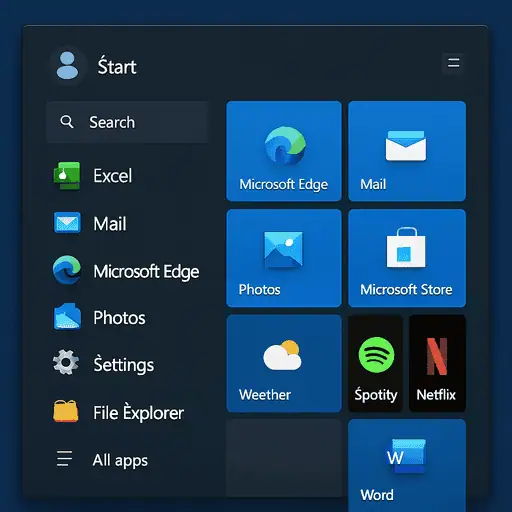
Microsoft testing Windows 8.1 update that hides tile interface by default | The Verge.
Microsoft is testing an update to Windows 8.1 that will boot Windows in desktop mode by default instead of the Modern UI
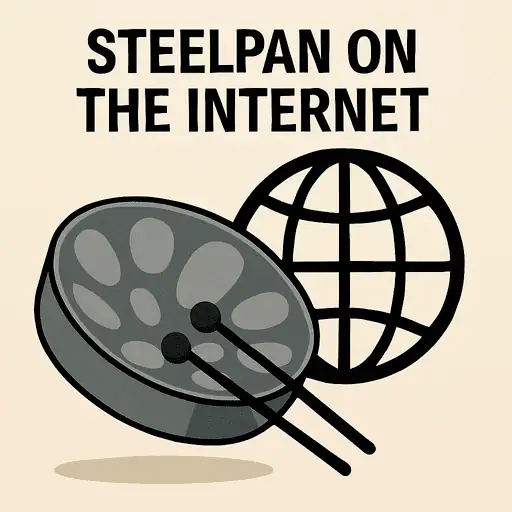
T&T steelpan newspaper history now on the Web | The Trinidad Guardian Newspaper.
“The history of steelpan as chronicled in Trinidad newspapers is now only a click away. As a result of a grant from UWI and collaboration between students at UWI and the UWI library, more than 4,000 newspaper articles related to the history of steelpan in T&T will be uploaded to the Web. “
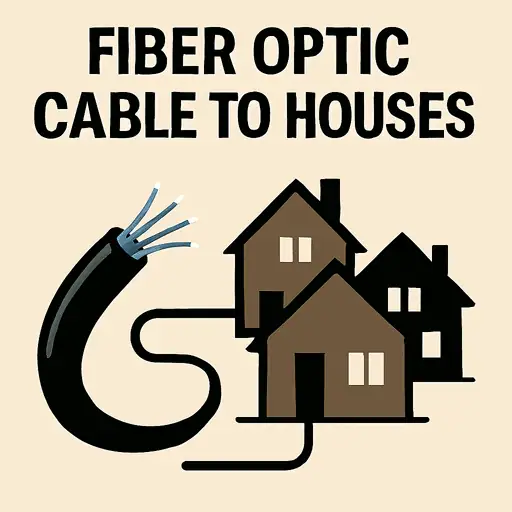
Via the Trinidad Guardian :
“TSTT unveiled a 6 month pilot project on Wednesday where houses in the Legacy Housing Development will be wired using fiber optic cable capable of Internet connectivity speeds of 1 Gigabit/s.
TSTT also announced that it is prepared to deliver gigabit Internet connectivity to 10,000 homes in Trinidad, 70 per cent of which are located in the north of the country, with a increase to 40,000 homes by the end of 2014.
No pricing from TSTT will be announced pending a review after the pilot project.”

A story from Naoki Hiroshima, describing in detail how his online accounts were taken over via social engineering attacks at PayPal and GoDaddy. To regain his domains, he gave away his Twitter handle (which was the ultimate target of the attacker(s) to get back access to his domain names
How I Lost My $50,000 Twitter Username — Medium.
PayPal has responded :
https://www.paypal-forward.com/leadership/paypal-takes-your-security-seriously/

Thirty years ago on January 24, Apple CEO Steve Jobs introduced the Macintosh computer.
The launch was advertised by Apple two days before in a TV ad shown during the US football SuperBowl tournament:
Apple’s home page pays homage to this milestone, along with a website at http://www.apple.com/30-years/ showing a timeline of Apple Macintosh product line over the past 30 years, and highlights prominent persons use of the products and a video

http://www.youtube.com/watch?v=Xp697DqsbUU
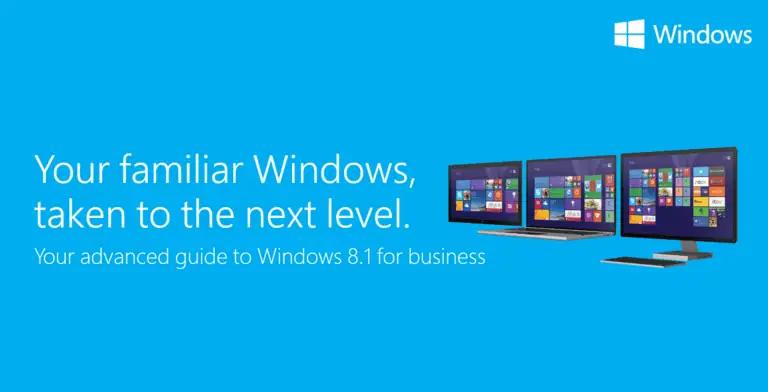
Microsoft has made available a PDF titled Windows 8.1 Power User Guide which summarised the key features of Windows 8.1
Download Windows 8.1 Power User Guide for Business from Official Microsoft Download Center.
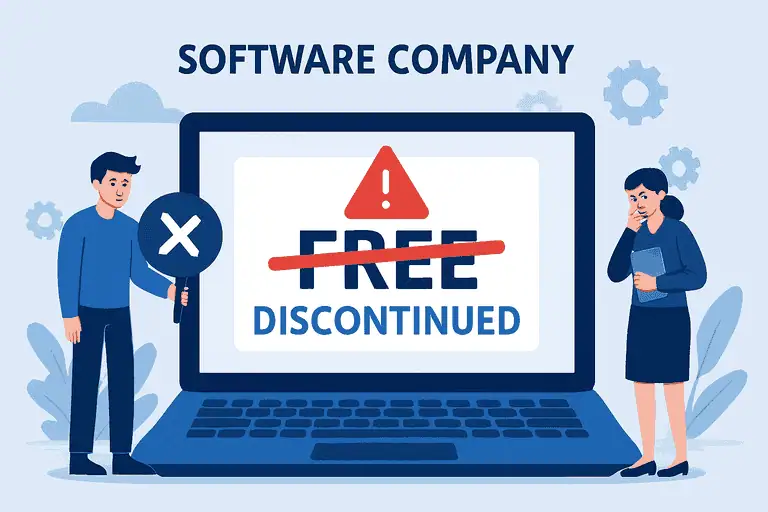
LogMeIn has announced that its free remote access product will be discontinued and existing users who login from today will have a 7 day grace period.
See LogMeIn’s blog post and FAQ for more details.